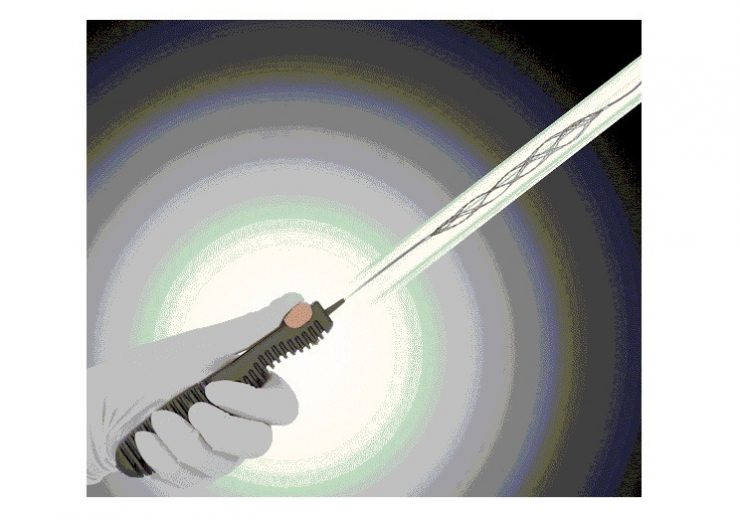TIGERTRIEVER enables neuro interventionalists to efficiently remove blood clots and restore blood flow the brain following an ischemic event

Rapid Medical's TIGERTRIEVER provides a better grip on clots during stroke treatment. (Credit: Business Wire)
Neurovascular devices developer Rapid Medical has secured approval from the US Food and Drug Administration (FDA) for its TIGERTRIEVER revascularisation device to treat ischemic stroke.
TIGERTRIEVER is claimed to be the first adjustable stent retriever to provide intelligent control to help neuro interventionalists to efficiently remove blood clots and restore blood flow the brain following an ischemic event.
Rapid Medical’s revascularisation device, which was already approved in Europe, has been used to treat more than 5,000 patients.
Rapid Medical co-founder and CEO Ronen Eckhouse said: “The FDA clearance of TIGERTRIEVER is a significant milestone in the development and growth of Rapid’s global business.
“It is a great testament to the advantages of our proprietary 3D braiding technology–the platform for our portfolio of remotely adjustable neurovascular devices, including the Comaneci and Columbus products.”
TIGERTRIEVER’s full device visibility and adjustability allows physicians to adapt their approach to visual and tactile feedback as required.
The approval of the revascularisation device is based on a 160-patient pivotal trial, which was conducted at 16 US stroke centres and one Israeli hospital.
According to the company, the trial has shown the device’s superiority over conventional stent retrievers and achieved a statistically significant improvement in the ability to restore blood flow to the brain and better comparable safety metrics.
Rapid Medical is offering TIGERTRIEVER in 21mm and 17mm sizes in the US for use in a range of large vessel occlusions.
In December last year, Rapid Medical secured FDA approval for its Drivewire, which is claimed to be the world’s first steerable neurovascular guidewire.
Rapid Medical is engaged in the development of premier responsive interventional devices for neurovascular diseases such as ischemic and hemorrhagic stroke.
